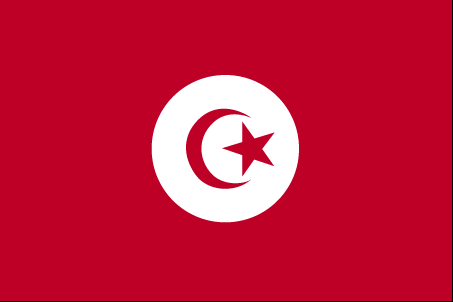
Rivalry between French and Italian interests in Tunisia culminated in a French invasion in 1881 and the creation of a protectorate. Agitation for independence in the decades following World War I was finally successful in getting the French to recognize Tunisia as an independent state in 1956. The country's first president, Habib BOURGUIBA, established a strict one-party state. He dominated the country for 31 years, repressing Islamic fundamentalism and establishing rights for women unmatched by any other Arab nation. In November 1987, BOURGUIBA was removed from office and replaced by Zine el Abidine BEN ALI in a bloodless coup. Street protests that began in Tunis in December 2010 over high unemployment, corruption, widespread poverty, and high food prices escalated in January 2011, culminating in rioting that led to hundreds of deaths. On 14 January 2011, the same day BEN ALI dismissed the government, he fled the country, and by late January 2011, a "national unity government" was formed. Elections for the new Constituent Assembly were held in late October 2011, and in December, it elected human rights activist Moncef MARZOUKI as interim president. The Assembly began drafting a new constitution in February 2012 and, after several iterations and a months-long political crisis that stalled the transition, ratified the document in January 2014. Presidential and parliamentary elections for a permanent government could be held by the end of 2014.
petroleum, phosphates, iron ore, lead, zinc, salt
arable land: 17.35%
permanent crops: 14.63%
other: 68.02% (2011)
10,937,521 (July 2014 est.)
country comparison to the world: 79
Arab 98%, European 1%, Jewish and other 1%
Muslim (official; Sunni) 99.1%, other (includes Christian, Jewish, Shia Muslim, and Baha'i) 1%
Arabic (official, one of the languages of commerce), French (commerce), Berber (Tamazight)
definition: age 15 and over can read and write
total population: 79.1%
male: 87.4%
female: 71.1% (2010 est.)
Tunis
republic
20 March 1956 (from France)
Independence Day, 20 March (1956); Revolution and Youth Day, 14 January (2011)